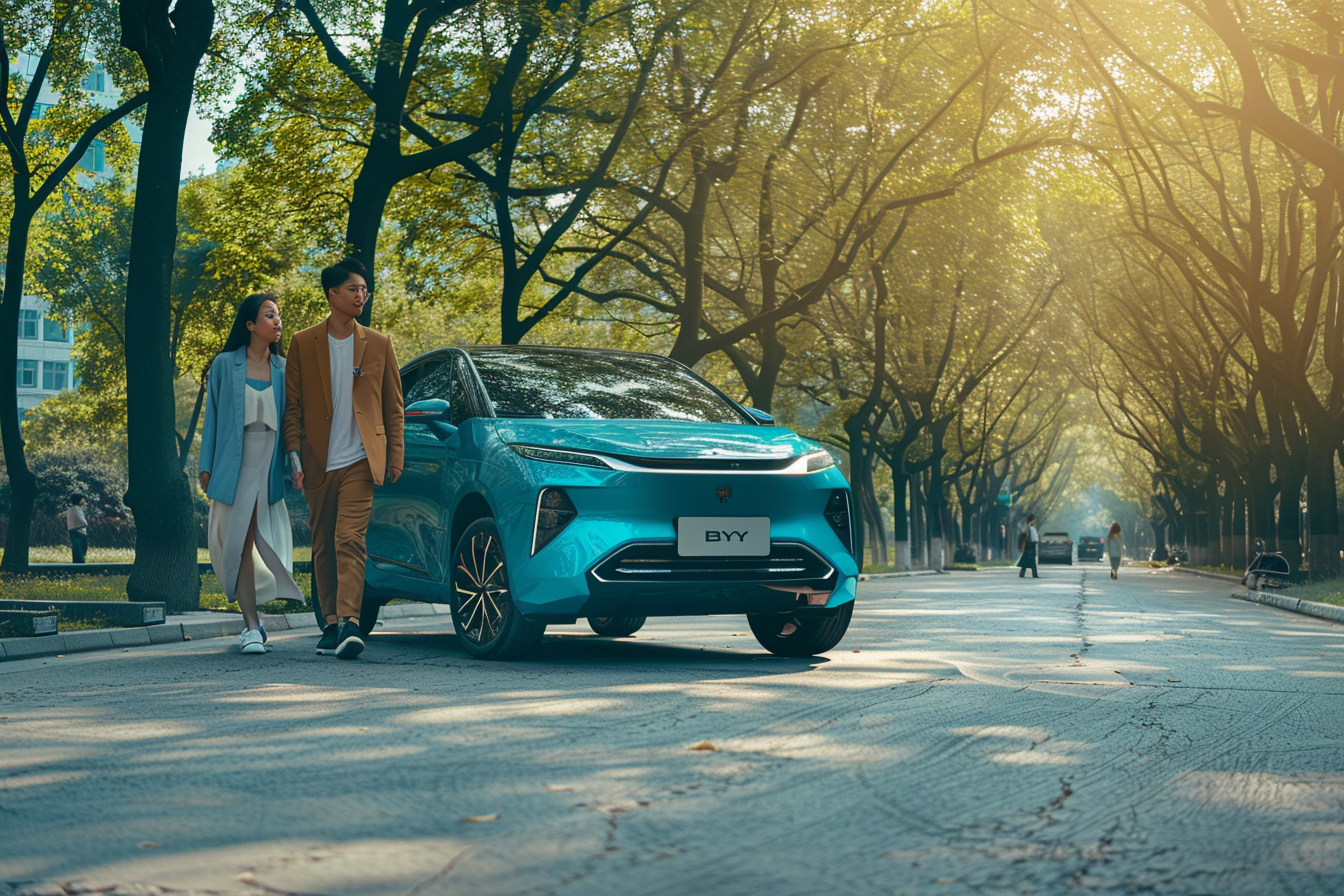The environmental advantages of electric vehicles are already significant, but the journey towards truly sustainable mobility is ongoing. The automotive and energy industries are continuously innovating, promising a future where EVs are even greener, more efficient, and integrate seamlessly into a decarbonized world.
1. Cleaner Battery Production:
- Reduced Critical Minerals: Ongoing research aims to develop battery chemistries that use fewer or no rare earth elements or controversial minerals like cobalt (e.g., LFP batteries are gaining traction).
- Sustainable Mining & Processing: Industry efforts are intensifying to implement more environmentally friendly extraction methods (e.g., direct lithium extraction with lower water usage) and to power battery factories with 100% renewable energy.
- Localization: More battery production facilities are being built closer to vehicle assembly plants, reducing transportation emissions.
2. Enhanced Battery Recycling & Circularity:
- Improved Efficiency: New recycling technologies (especially hydrometallurgy and direct recycling) are becoming more efficient at recovering a higher percentage of valuable materials at purer levels.
- Standardization: As battery pack designs become more standardized, dismantling and recycling will become simpler and more cost-effective.
- Second-Life Scale: Expansion of infrastructure and markets for repurposing used EV batteries into stationary energy storage solutions will further extend their utility before full recycling.
3. Vehicle-to-Grid (V2G) and Vehicle-to-Home (V2H) Integration:
- Smart Energy Hubs: EVs will evolve from just being consumers of electricity to active participants in the energy grid. V2G allows EVs to feed power back to the grid during peak demand, helping to stabilize it and integrate more renewable energy. V2H allows EVs to power homes during outages.
- Decentralized Energy: EVs will become distributed energy storage units, crucial for a future grid powered by intermittent renewables like solar and wind.
4. More Efficient Motors and Power Electronics:
- Next-Generation Motors: Development of motors with even higher efficiency, lower material requirements, and reduced reliance on rare earth magnets.
- Advanced Power Electronics: Improvements in inverters and charging systems will further reduce energy losses during charging and power delivery.
5. Sustainable Materials and Manufacturing:
- Lightweighting: Continued development of lighter, stronger materials (e.g., advanced composites, aluminum alloys) will reduce vehicle weight and improve efficiency.
- Recycled Materials: Increased use of recycled content in vehicle components (plastics, metals) will reduce the demand for virgin materials.
- Green Manufacturing: Factories powered by renewables, optimized manufacturing processes, and reduced waste generation are becoming standard for EV production.
6. Infrastructure Growth and Smart Charging:
- Expanded Charging Networks: A denser and more reliable charging infrastructure, powered by renewables, will reduce range anxiety and facilitate broader EV adoption.
- Smart Charging Integration: Advanced charging software and hardware that optimize charging times based on grid conditions, renewable energy availability, and electricity prices.
The road ahead for electric vehicles is one of continuous environmental improvement. From responsible sourcing and production to efficient operation and comprehensive recycling, each step brings us closer to a truly sustainable and emission-free transportation future. Buying an EV today is not just a personal choice; it’s an investment in and a contribution to this evolving green revolution.







Leave a Reply